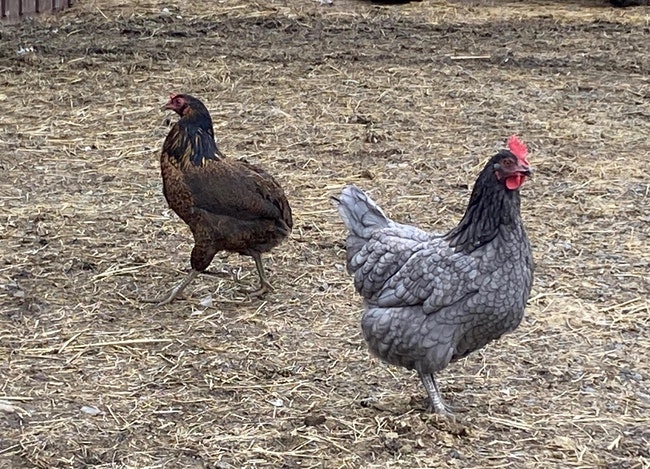
The U.S. Department of Agriculture said Friday the highly contagious disease confirmed in Polk County is easily transmitted among wild and domestic bird species. (Les Zaitz/Oregon Capital Chronicle)
A highly contagious avian flu was confirmed Thursday in a backyard flock of duck and geese in Polk County.
The flock’s owner notified a private veterinarian after at least one bird suddenly died, and other birds in the flock were showing clinical signs consistent with the disease, the U.S. Department of Agriculture announced Friday.
The veterinarian sent a sample of the dead bird to Oregon State University and a preliminary test came back positive for the disease, officially confirmed Thursday by the department’s National Veterinary Services Laboratory, according to a news release.
There are 60 birds in the affected flock. It’s the first detection of the disease among poultry or hobbyist flocks in Polk County, and just the third in Oregon. It has never been detected in Marion County, according to Centers for Disease Control and Prevention data.
The disease is transmitted easily among wild and domestic bird species, including through contact with infected wild and domestic birds and by contaminated equipment, clothing, and shoes of caretakers.
The Polk County flock was known to co-mingle with wild birds at a nearby pond, the news release said.
Symptoms include diarrhea, incoordination, lethargy, coughing and sneezing, and sudden death, though infected birds may not always show signs of infection.
The agriculture department asked those with domesticated backyard birds to increase their biosecurity and increase their birds separated from wild birds, especially waterfowl.
Anyone who has birds that appear sick or have died of respiratory or neurological disease should call the state Department of Agriculture at 503-986-4711, or the agency’s sick bird hotline at 1-800-347-7028.
Those who see sick or dead wild birds should not collect or handle them, and should report them to the state Department of Fish and Wildlife at 866-968-2600 or [email protected].
-Ardeshir Tabrizian









